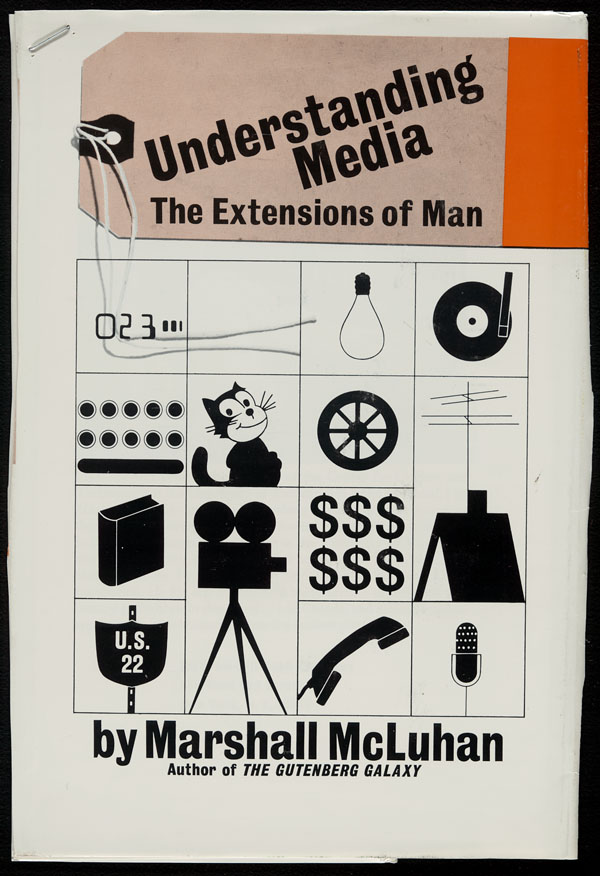http://www.nytimes.com/2012/10/10/opini ... nted=printThe New York Times
October 9, 2012
Long Live PaperBy JUSTIN B. HOLLANDER
Medford, Mass.
LAST week, Education Secretary Arne Duncan declared a war on paper textbooks. “Over the next few years,” he said in a speech at the National Press Club, “textbooks should be obsolete.” In their place would come a variety of digital-learning technologies, like e-readers and multimedia Web sites.
Such technologies certainly have their place. But Secretary Duncan is threatening to light a bonfire to a tried-and-true technology — good old paper — that has been the foundation for one of the great educational systems on the planet. And while e-readers and multimedia may seem appealing, the idea of replacing an effective learning platform with a widely hyped but still unproven one is extremely dangerous.
A renowned expert on reading, Maryanne Wolf, has recently begun studying the effects of digital reading on learning, and so far the results are mixed. She worries that Internet reading, in particular, could be such a source of distractions for the student that they may cancel out most other potential benefits of a Web-linked, e-learning environment. And while it’s true that the high-tech industry has sponsored substantial amounts of research on the potential benefits of Web-based learning, not enough time has passed for longitudinal studies to demonstrate the full effects.
In addition, digital-reading advocates claim that lightweight e-books benefit students’ backs and save schools money. But the rolling backpack seems to have solved the weight problem, and the astounding costs to outfit every student with an e-reader, provide technical support and pay for regular software updates promise to make the e-textbook a very pricey option.
As both a teacher who uses paper textbooks and a student of urban history, I can’t help but wonder what parallels exist between my own field and this sudden, wholesale abandonment of the technology of paper.
For example, when cars began to fill America’s driveways, and new highways were laid across the land, the first thing cities did was encourage the dismantling of our train systems. Streetcar lines were torn up. A result, for many cities, was to rip apart the urban core and run highways through it, which only accelerated the flow of residents, commerce and investment to the suburbs.
But in recent years, new streetcar lines have been built or old systems extended in places like Pittsburgh, Jersey City and Phoenix. They are casting aside a newer technology in favor of an older one.
This lesson of technology-inspired extinction can be retold in many other domains of life: the way phonographs nearly disappeared when the music CD was invented; the rejection of bicycles in the middle of the 20th century; the shuttering of Polaroid factories with the advent of digital cameras.
My point is not that these are all pernicious or reversible developments. On the contrary, we have all benefited from new advances in medicine, communications and computing, even those that displaced familiar technologies.
The Polaroid is a wonderful device for what it is, but it will and should remain a technological novelty. On the other hand, few higher-tech formats deliver the lush sound quality of the vinyl record, and younger generations have recently returned to the format.
In other words, we shouldn’t jump at a new technology simply because it has advantages; only time and study will reveal its disadvantages and show the value of what we’ve left behind.
Which brings us back to paper. With strength and durability that could last thousands of years, paper can preserve information without the troubles we find when our most cherished knowledge is stuck on an unreadable floppy disk or lost deep in the “cloud.”
Paper textbooks can be stored and easily referenced on a shelf. Data are as easy to retrieve from paper as reaching across your desk for a textbook. They are easy to read and don’t require a battery or plug. Though the iPad and e-readers have increasingly better screen clarity, the idea that every time a person reads a book, newspaper or magazine in the near future they will require an energy source is frightening.
The digitization of information offers important benefits, including instant transmission, easy searchability and broad distribution. But before we shred the last of the paper textbooks, let us pause and remember those old streetcars, and how great it would be if we still had them around.
Justin B. Hollander is an assistant professor of urban and environmental policy and planning at Tufts University and the author of “Sunburnt Cities: The Great Recession, Depopulation and Urban Planning in the American Sunbelt.” 


